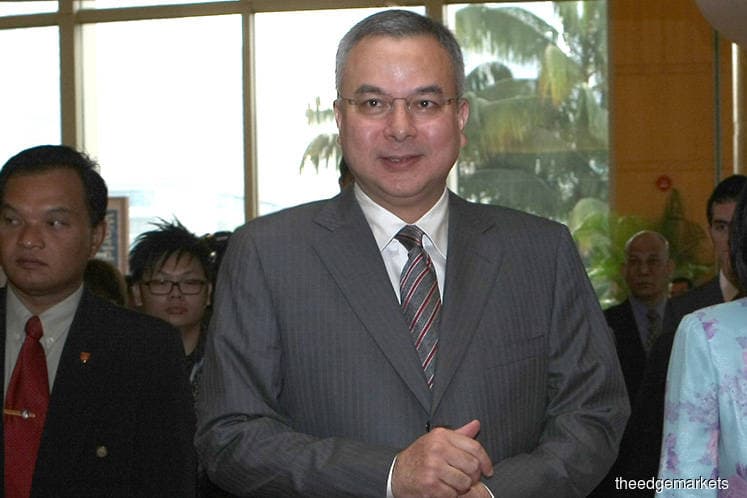
This article first appeared in The Edge Financial Daily on August 15, 2018
KUALA LUMPUR: Restoring the rule of law requires deep reforms, said Sultan Nazrin Shah of Perak. It is not a task that can be accomplished with “small steps, cynical compromises and half-hearted measures”.
It is not sufficient to tackle only the individuals most directly responsible for the breakdown of the rule of law, Sultan Nazrin said in his keynote address at the International Malaysia Law Conference yesterday.
“Institutions and processes must also be fundamentally reformed and strengthened to safeguard against a relapse. This endeavour is likely to meet with fierce resistance, especially where networks and cultures of corruption and abuse of power have penetrated deep into the fabric of society, becoming almost de facto norms,” he said.
“The necessary institutional reforms may have to take place amid such entrenched interests and determined pushback by those affected.”
The Ruler shared four ideas about what these deeper reforms should entail.
“Firstly, a separation of powers must be implemented as completely and effectively as possible within the limits of governing systems. In parliamentary democracies such as Malaysia, control over the executive branch is the direct result of commanding a majority of the legislature.
“Members of the legislature owe their first allegiance to the nation itself, as set out in their oaths of office. In this country, their responsibility is to bear true faith and allegiance to Malaysia and to preserve, protect and defend its Constitution.
“Although some influencing of the legislature by the executive may be unavoidable, the separation of powers within the government must be consistently maintained through these and other means.”
Sultan Nazrin said the second important aspect closely related to the separation of powers is judicial independence.
“Judicial independence is especially important in parliamentary systems, where the executive and the legislature are to some extent fused.
“In keeping with human nature, even the fairest-minded of judges may be influenced and swayed by their own world views and personal predispositions.
“The judiciary should therefore be drawn from as diverse a range of gender, ethnic and cultural backgrounds as possible to ensure equitable administration of justice.
“It is also important for judges to have guaranteed security of tenure, so they are able to conduct their work shielded from undue intimidation and fear.”
As a third important step, the Sultan said countries should accede to and ratify existing international instruments, and ensure a closer national compliance with them.
“If there is one international instrument to which all countries should voluntarily accede to out of a sense of enlightened national interest, and on which countries should intensively cooperate, it is the 2003 UN Convention Against Corruption (UNCAC).
“The UNCAC, which Malaysia signed in 2003 and ratified in 2008, is aimed at the prevention, investigation and prosecution of corruption, and the freezing, seizure, confiscation and return of its proceeds.
“This international convention does have its limitations, but it is an essential element of international legal structures, supplemented by bilateral mutual legal assistance agreements. Only through such means can the executive’s ability to delay or stymie investigations into corrupt practices, in which they themselves may be implicated, be minimised.”
The final measure, according to Sultan Nazrin, concerns the success and longevity of the reforms.
“For these to be sustainable, countries must work towards developing a ‘whole-of-society’ approach to the rule of law. For too long, we have left the fight to jurists, to the legal fraternity and to civil society activists, often at a great personal sacrifice.”